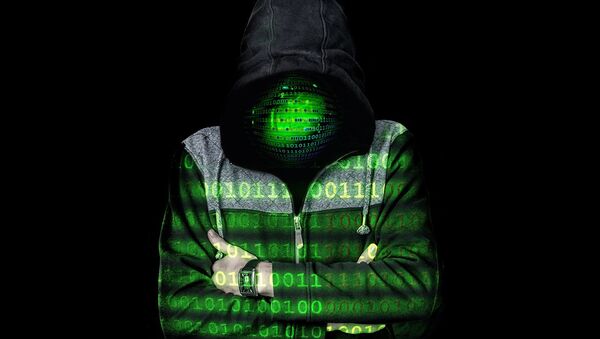The acquisition of drugs online is nothing new, cannabis has been bought and sold on the internet since the 1970s. However the digital revolution has not only made the illegal drug trade easier it has pushed it deeper into cyberspace.
Drugs and the Darknet: A Growing Threat to Health and Decurity, published by law enforcement agency Europol and EU drugs agency EMCDDA, suggests that the online trade in illegal and illicit drugs and services, is "a key threat to the safety of EU citizens."
Alongside today's report on drugs and and the #darknet, we've published a video showing the lifetimes of a selection of over 100 global darknet markets: https://t.co/UIMnAk2uY3 @nigelhawtin @SilkeVitt @Europol #MoreSecureEurope
— EU drugs agency (@EMCDDA) November 28, 2017
Studies carried out in 2015 and 2017 and published in the report revealed that Germany, the Netherlands and the United Kingdom had the most prolific sales of drugs on the darknet, stimulants being the most popular.
Germany accounted for US$ 31.6 million (26.6 million euros) of sales, the UK accounted for just over US$24 million (20.3 million euros); and the Netherlands had just over US$ 21.2 million (17.9 million euros) in total sales. The most popular drug is MDMA, followed by amphetamines.
Darknet markets have an average shelf life of eight months before they become inactive. However, despite the authorities ability to disrupt dark net markets, the report suggests "the overall ecosystem appears to be fairly resilient with new markets quickly becoming established."
'Darknet Ecosystem'
"Darknet markets provide a convenient sales channel to technologically knowledgeable customers. This approach to drug sales appears to have considerable potential to grow," according to the report.
The role of fintech, information technology, social media have all be identified as threats to law enforcement agencies' ability to combat the trade of illegal drugs on the darknet, the document added.


